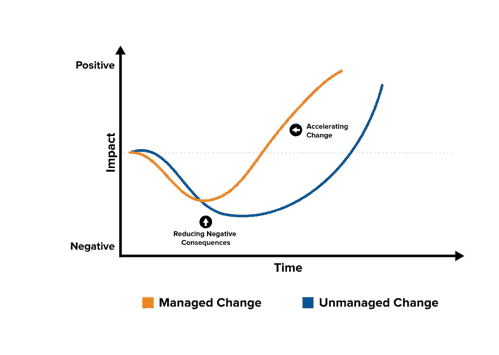Category Archives for "Blog"
The Oxford Review Blog – Articles, posts and research briefings about Organisational Development, Human Resources, Learning & Development, Management, Leadership.
The Oxford Review Blog – Articles, posts and research briefings about Organisational Development, Human Resources, Learning & Development, Management, Leadership.

All organisations go through stages as they develop. A research paper just published by researchers this month has identified the 6 levels of organisational development. Not only does this work appear to be valid but it has huge importance for business owners, leaders, managers, Organisational Development, Human Resources, Learning & Development professionals, consultants and coaches. […]
Read more
Whilst carrying out the research for my forthcoming book, Fear to Flow, I interviewed 231 L&D professionals around the world. People in L&D have a unique place in organisations. Because they are responsible for development often across an entire organisation, they tend to have a more objective and wider overview of the needs of an […]
Read more
An interesting study has just been published that looks at the effects of corporate reputation on the people who work inside the organisation and the organisation’s performance in the market. The researchers used 263 data points and a process called structural equation modelling, which is a whole set of computer modelling and factor analyses processes […]
Read more
One of the big themes emerging from the management and organisational development literature at the moment is that of organisational ambidexterity. Get research updates from The Oxford Review – free. Doing the two main organisational tasks change brings about A problem that has dogged many organisations is how to continue to exploit its existing […]
Read more
A number of business headlines have suggested that staff performance reviews are dead, but while the traditional form of performance reviews are being widely ditched by Blue Chip companies, staff won’t get off scot free. In a paper just published in Strategic HR Review, there will always be some form of performance review and where […]
Read more
David has just released a new video about the research he did around the common perception that 70% of change programmes fail. Be prepared to be shocked! You can get the slideshare here: http://www.slideshare.net/platothefish/do-70-of-organizational-change-projects-really-fail The url for this video is: https://www.youtube.com/watch?v=_xle0yoKYKM
Read more
A study just published in the Journal of Health Organization and Management by a team of researchers tried to find an overarching roadmap or model for organisational change. Their initial task was to look at all the previous research to see if they can create a roadmap or set of stages for organisational change […]
Read more
How to be impressively up-to-date with no effort You know those people who are always impressively and ridiculously well read? The people who somehow just appear to know something about everything and are continually saying things like: “Have you read…?” or “Actually there is some research on that” or “Ah yes the research […]
Read more
A recent discussion on LinkedIn asked if the change curve was a myth or not. This was based on this blog post suggesting or rather stating it is a myth. So I decided to look into it from a research point of view: Background The original change curve was not actually meant to be about […]
Read more